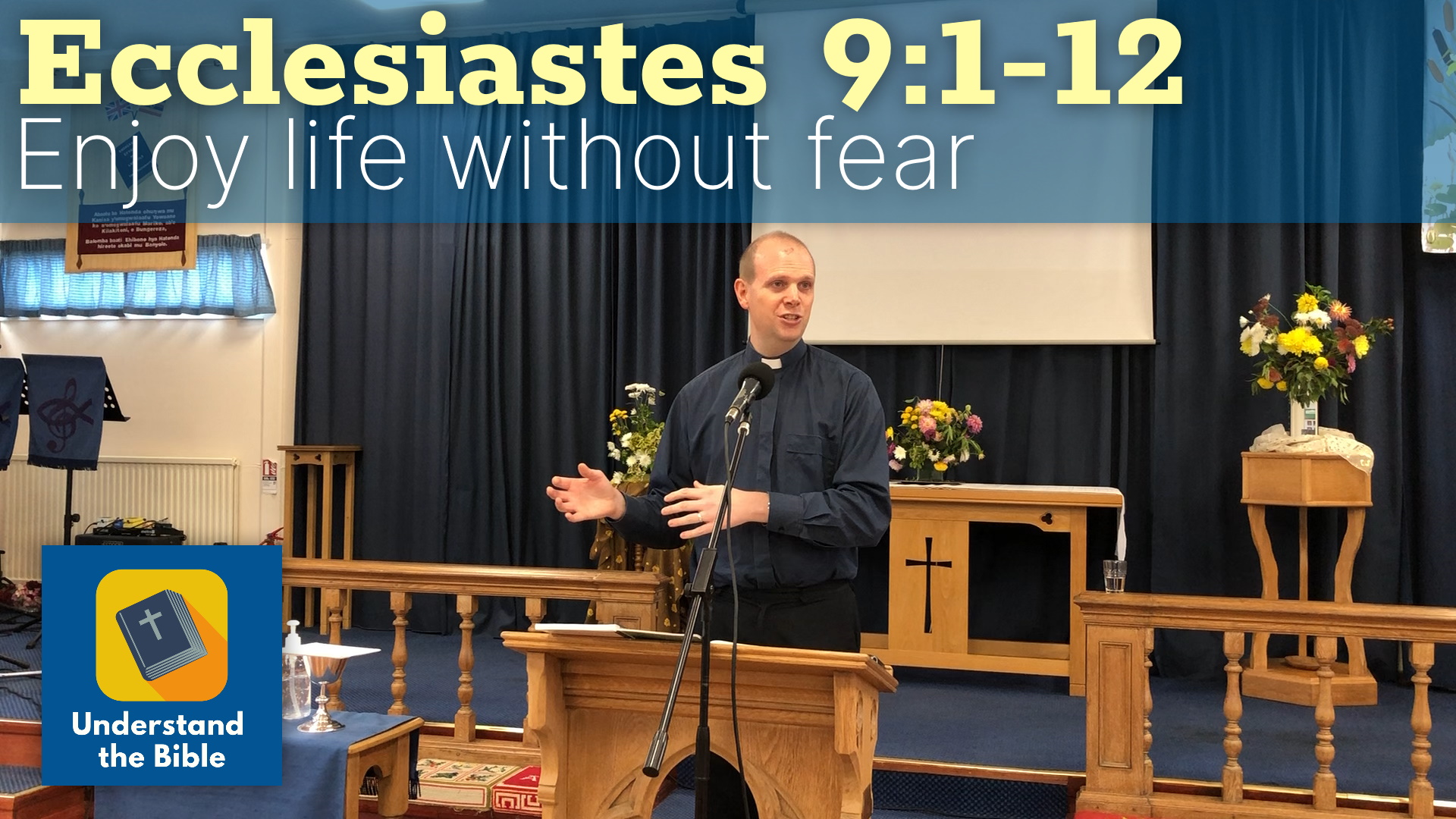What happens when we die, according to the Bible? Death is one of the biggest mysteries of life – we don’t know what lies beyond the grave. The Bible teaches us that, although there are some things we don’t know, there are things we can be sure about.
Find out more about the Firm Foundations course by watching the Introduction. The previous session (part 39, on Death) is here.







